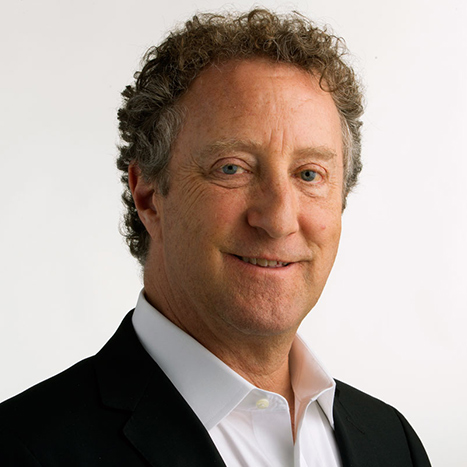Journalists acknowledge equity as an essential value of democracy
Democracy has been in the news a lot lately. Earlier this month, President Biden held the first of two planned Summits for Democracy, in which leaders from invited, ostensibly democratic nations discussed an agenda of three items: fighting authoritarianism, fighting corruption, and “advancing respect for human rights.” The latter wording, which comes from the United States Agency for International Development’s website promoting the summit, is especially provocative, considering that the host country is having difficulties safeguarding basic voting rights for Black Americans and reproductive freedom for women.
Also this month, Maria Ressa and Dmitry Muratov became the first journalists in more than 80 years to win the Nobel Peace Prize, in recognition of their watchdog journalism in the Philippines and Russia. Ressa and Muratov were cited by the Nobel committee “for their efforts to safeguard freedom of expression, which is a precondition for democracy and lasting peace.”
There is a common dogmatic belief among journalists that their work is essential for the preservation of democracy. But what does democracy actually mean to journalists in the U.S., and what are they willing to do to preserve it?
The answers to these questions will be consequential in 2022. There are many people who are clear about the sort of governance they prefer: one marked by authoritarianism in service of political grift and white nationalism. In the U.S., this movement is led by former President Donald Trump and his enablers, who intend to finish the job of the January 6 insurrection. In addition to congressional races, the former president’s supporters are entering races for state and local offices which could enable them to overturn election results they don’t like and disenfranchise Black and Hispanic voters who oppose them.
News outlets have the power to cover these developments — to warn people who may not know the details of what’s happening. In this sense, they can be watchdogs in service of democracy. But what kind of democracy?
If journalists and news executives believe in an essentially elitist form of democracy — or if they’re at least willing to live with it for their own social, political, or financial advantage — then their news organizations and coverage will reflect that.
Their boardrooms, newsrooms, and sources won’t reflect socioeconomic and racial diversity, and they won’t engage with and include a diverse public in the production of news. They’ll index the concept of objectivity to their own personal and cultural norms rather than the perspectives of people from marginalized communities. They’ll spread the rat poison of false balance in the name of objectivity. They will give platforms to fascistic ideas in the name of intellectual inquiry, while failing to provide similar opportunities to people from racial and ethnic communities whom their outlets have long ignored. All of this will undermine egalitarianism in the U.S. and further empower authoritarians.
However, if journalists and news executives believe that racial, ethnic, socioeconomic, gender, and other forms of equity are inseparable from democracy — and are willing to fight for that principle — we will also know them by their fruits.
They’ll do everything they can to hire, retain, compensate in good faith, and promote journalists and executives who reflect this diversity. They won’t view themselves as separate from the diverse communities they claim to serve. They’ll avoid false dichotomies between objectivity and different perspectives that make them uncomfortable — and they’ll amplify voices that aren’t often heard in our society. They’ll use whatever privilege they have to uplift those without it, including people in their own newsrooms. They will reject false equivalencies that enable games of whataboutism in service of reactionary values.
Just as “faith without works is dead,” so, too, is a commitment to something you don’t fulfill. In 2022, egalitarianism in the U.S. will suffer if journalists don’t acknowledge it as an essential value of democracy — and produce news coverage in service of it.
Christoph Mergerson is a visiting assistant professor in the Philip Merrill College of Journalism at the University of Maryland.
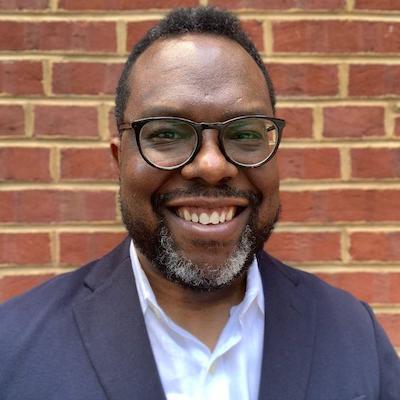
Democracy has been in the news a lot lately. Earlier this month, President Biden held the first of two planned Summits for Democracy, in which leaders from invited, ostensibly democratic nations discussed an agenda of three items: fighting authoritarianism, fighting corruption, and “advancing respect for human rights.” The latter wording, which comes from the United States Agency for International Development’s website promoting the summit, is especially provocative, considering that the host country is having difficulties safeguarding basic voting rights for Black Americans and reproductive freedom for women.
Also this month, Maria Ressa and Dmitry Muratov became the first journalists in more than 80 years to win the Nobel Peace Prize, in recognition of their watchdog journalism in the Philippines and Russia. Ressa and Muratov were cited by the Nobel committee “for their efforts to safeguard freedom of expression, which is a precondition for democracy and lasting peace.”
There is a common dogmatic belief among journalists that their work is essential for the preservation of democracy. But what does democracy actually mean to journalists in the U.S., and what are they willing to do to preserve it?
The answers to these questions will be consequential in 2022. There are many people who are clear about the sort of governance they prefer: one marked by authoritarianism in service of political grift and white nationalism. In the U.S., this movement is led by former President Donald Trump and his enablers, who intend to finish the job of the January 6 insurrection. In addition to congressional races, the former president’s supporters are entering races for state and local offices which could enable them to overturn election results they don’t like and disenfranchise Black and Hispanic voters who oppose them.
News outlets have the power to cover these developments — to warn people who may not know the details of what’s happening. In this sense, they can be watchdogs in service of democracy. But what kind of democracy?
If journalists and news executives believe in an essentially elitist form of democracy — or if they’re at least willing to live with it for their own social, political, or financial advantage — then their news organizations and coverage will reflect that.
Their boardrooms, newsrooms, and sources won’t reflect socioeconomic and racial diversity, and they won’t engage with and include a diverse public in the production of news. They’ll index the concept of objectivity to their own personal and cultural norms rather than the perspectives of people from marginalized communities. They’ll spread the rat poison of false balance in the name of objectivity. They will give platforms to fascistic ideas in the name of intellectual inquiry, while failing to provide similar opportunities to people from racial and ethnic communities whom their outlets have long ignored. All of this will undermine egalitarianism in the U.S. and further empower authoritarians.
However, if journalists and news executives believe that racial, ethnic, socioeconomic, gender, and other forms of equity are inseparable from democracy — and are willing to fight for that principle — we will also know them by their fruits.
They’ll do everything they can to hire, retain, compensate in good faith, and promote journalists and executives who reflect this diversity. They won’t view themselves as separate from the diverse communities they claim to serve. They’ll avoid false dichotomies between objectivity and different perspectives that make them uncomfortable — and they’ll amplify voices that aren’t often heard in our society. They’ll use whatever privilege they have to uplift those without it, including people in their own newsrooms. They will reject false equivalencies that enable games of whataboutism in service of reactionary values.
Just as “faith without works is dead,” so, too, is a commitment to something you don’t fulfill. In 2022, egalitarianism in the U.S. will suffer if journalists don’t acknowledge it as an essential value of democracy — and produce news coverage in service of it.
Christoph Mergerson is a visiting assistant professor in the Philip Merrill College of Journalism at the University of Maryland.
Mary Walter-Brown

Laxmi Parthasarathy
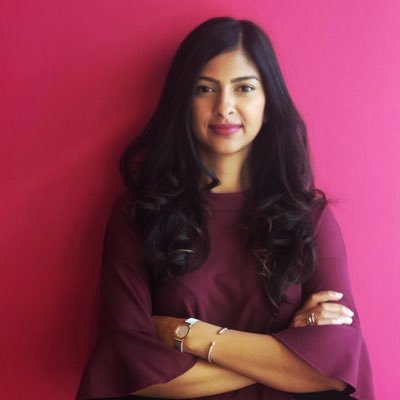
Richard Tofel

Anita Varma
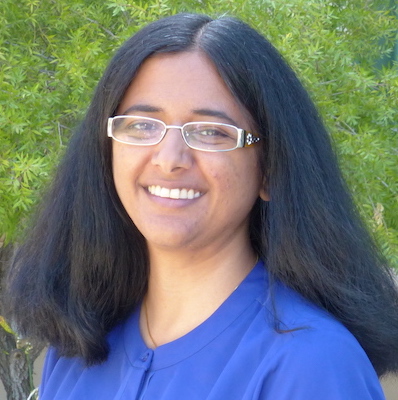
Matt DeRienzo
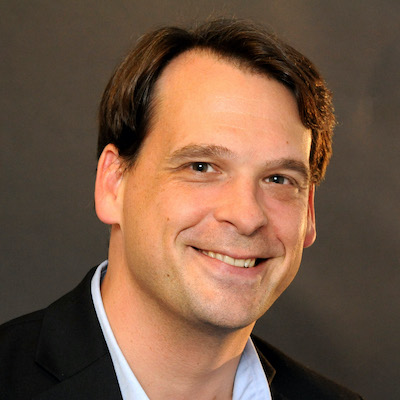
Cherian George
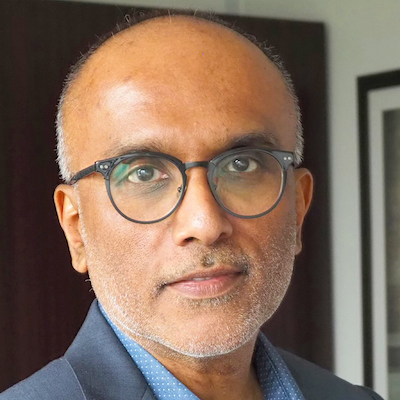
Joanne McNeil

Jesenia De Moya Correa
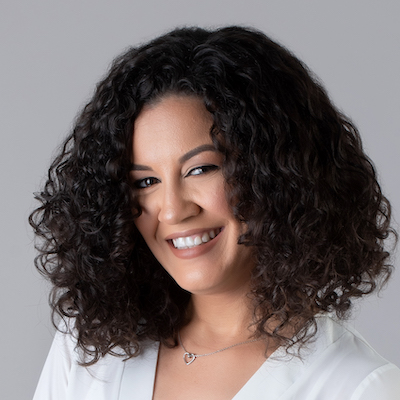
Jennifer Coogan
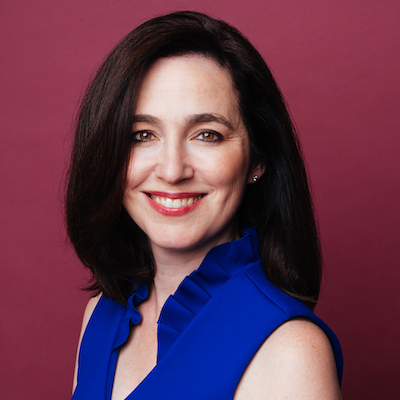
Sam Guzik

Melody Kramer

Jonas Kaiser

Stephen Fowler
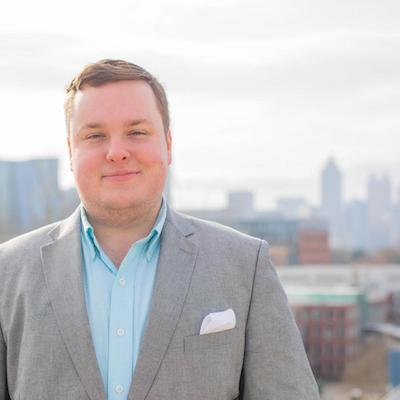
Paul Cheung
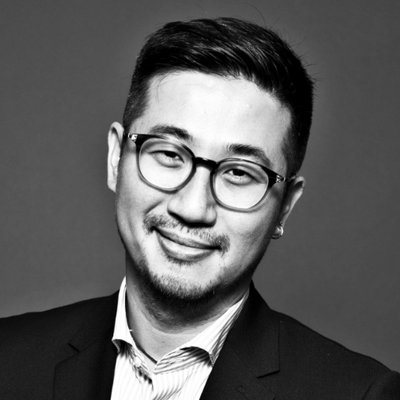
Ståle Grut

Tamar Charney
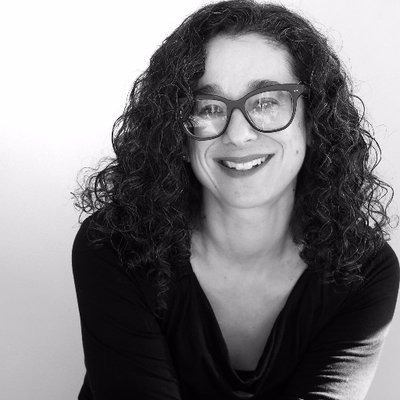
Eric Nuzum
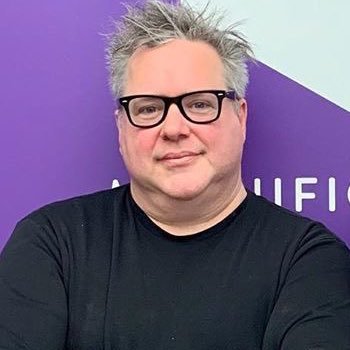
Joshua P. Darr
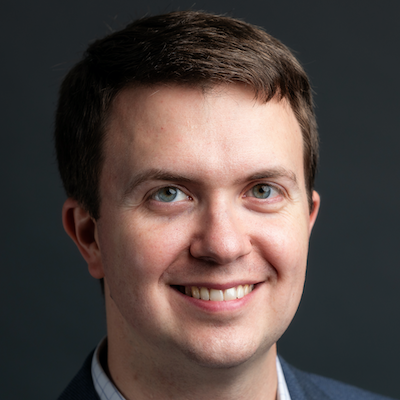
Gonzalo del Peon

Daniel Eilemberg
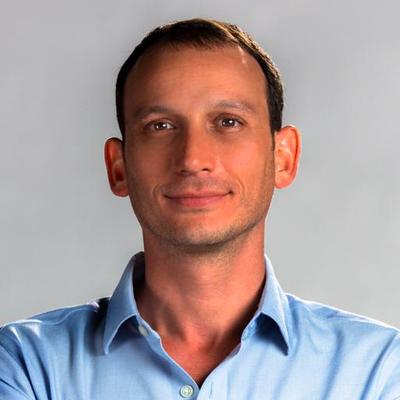
Ariel Zirulnick
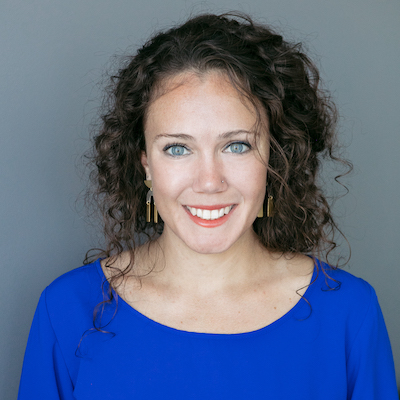
Kristen Muller
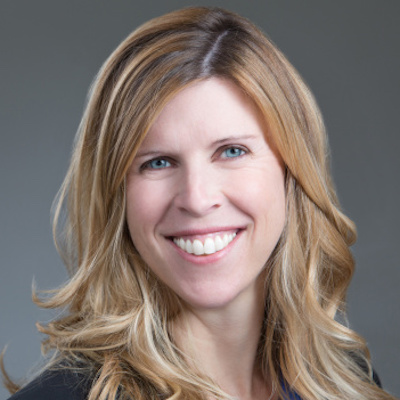
Tony Baranowski

Catalina Albeanu

Victor Pickard
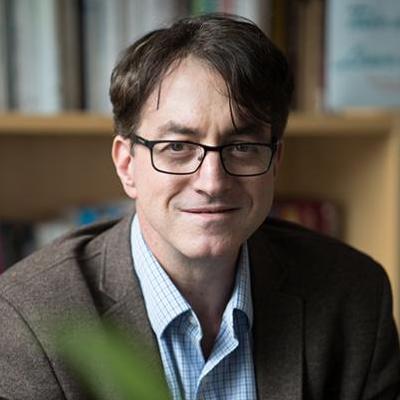
Tom Trewinnard
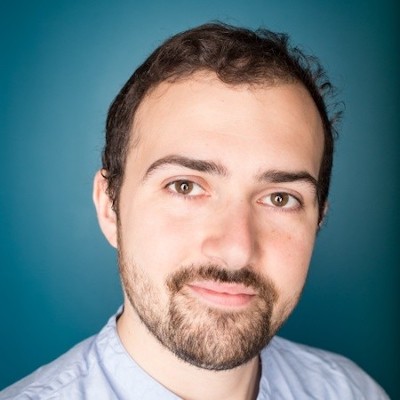
David Cohn

Matthew Pressman

Joy Mayer

Julia Munslow
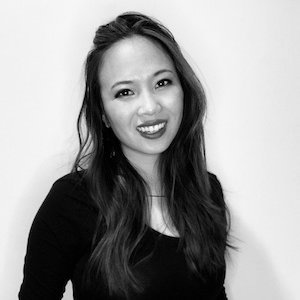
Chicas Poderosas

Burt Herman
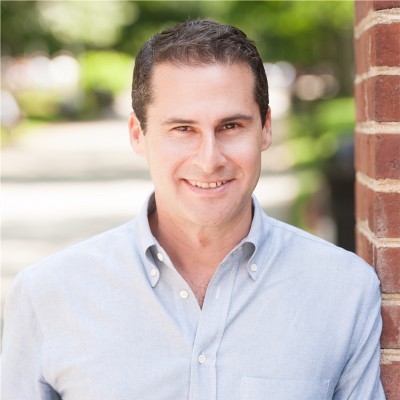
Robert Hernandez
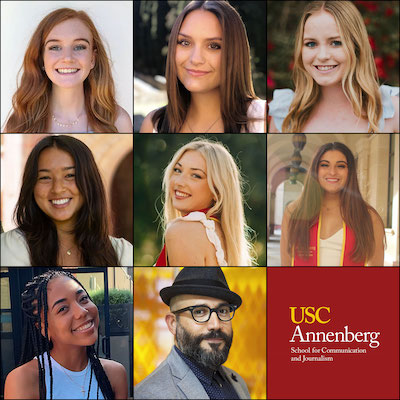
Shannon McGregor Carolyn Schmitt

Gordon Crovitz

Don Day

Simon Galperin

Cindy Royal

Natalia Viana
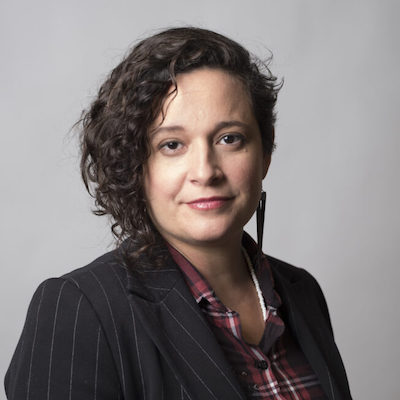
Brian Moritz

Janelle Salanga

Shalabh Upadhyay
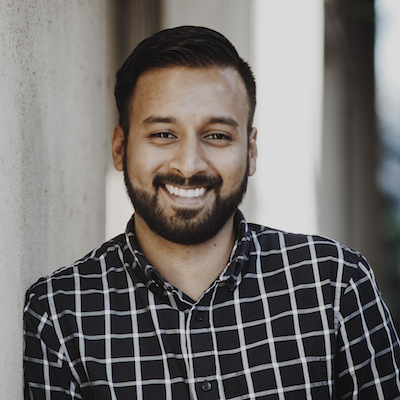
Candace Amos
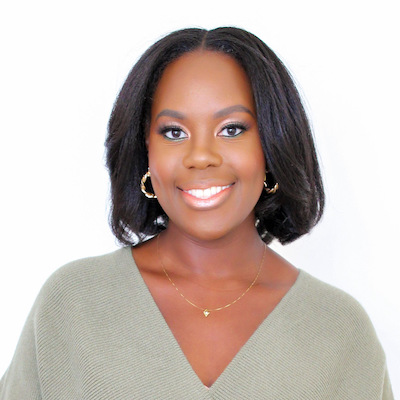
Christina Shih

Sarah Marshall

Anika Anand

Meena Thiruvengadam
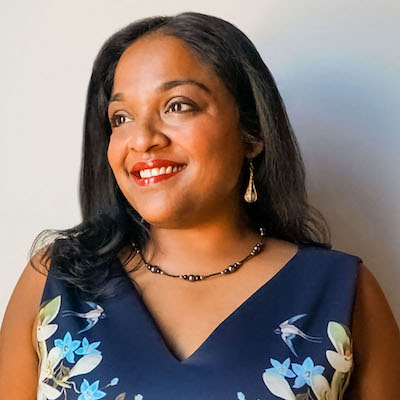
Errin Haines

Andrew Freedman

Michael W. Wagner
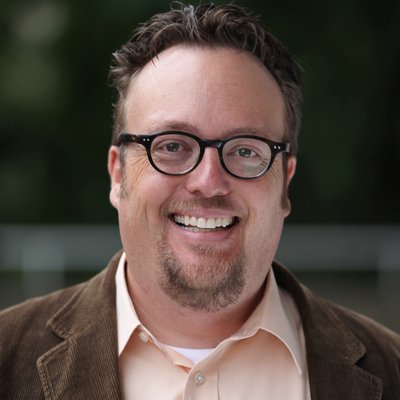
Christoph Mergerson

Zizi Papacharissi
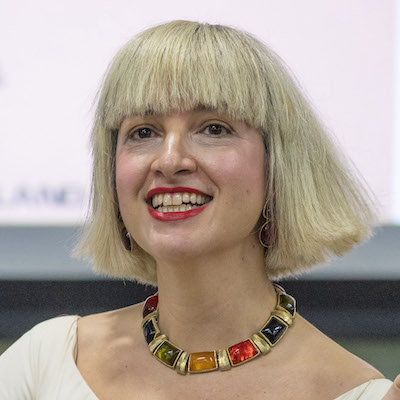
Larry Ryckman

David Skok
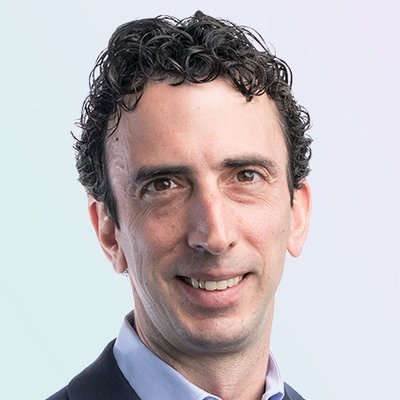
j. Siguru Wahutu
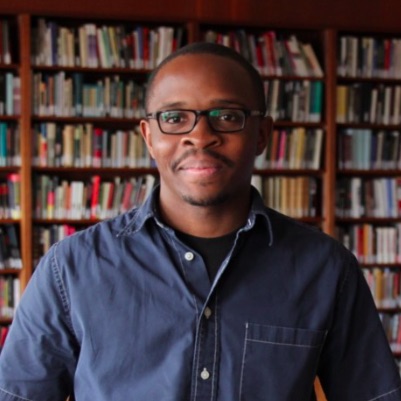
Sarah Stonbely

Kristen Jeffers
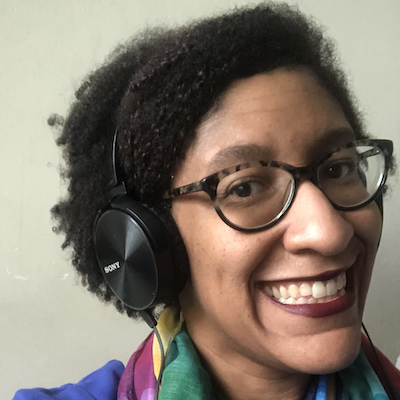
Jody Brannon

Joni Deutsch
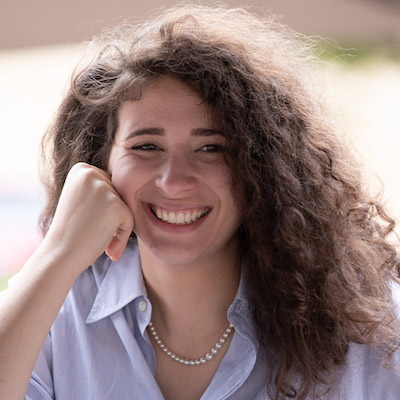
Nikki Usher

Moreno Cruz Osório

Alice Antheaume
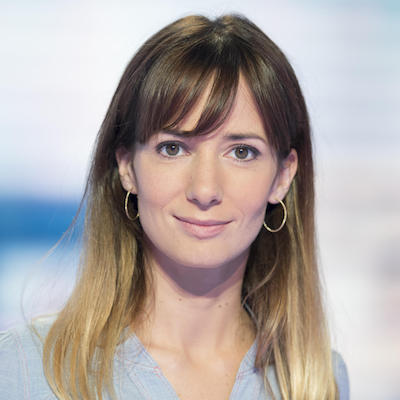
Wilson Liévano
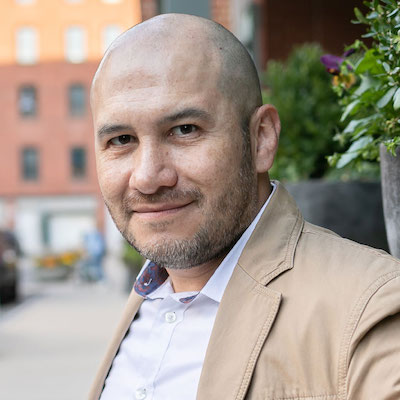
Jesse Holcomb
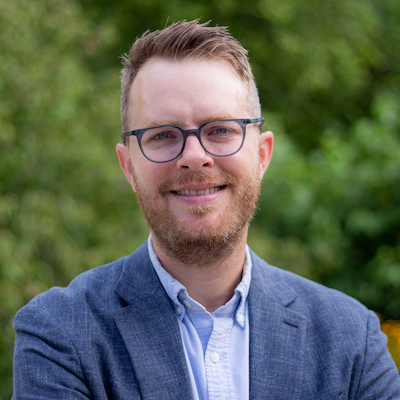
Matt Karolian
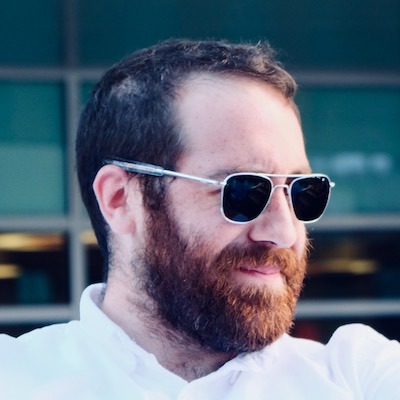
Juleyka Lantigua

Rasmus Kleis Nielsen

Kerri Hoffman
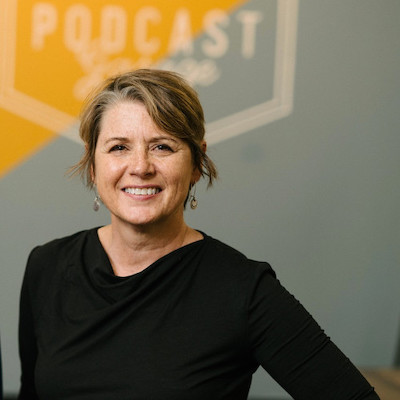
Jennifer Brandel

A.J. Bauer

Francesco Zaffarano
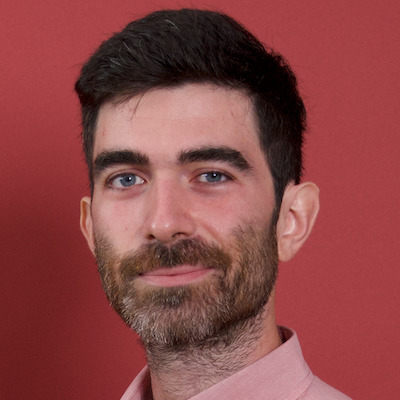
Amara Aguilar

Whitney Phillips

James Green

AX Mina

John Davidow

Joe Amditis

Megan McCarthy

Mario García
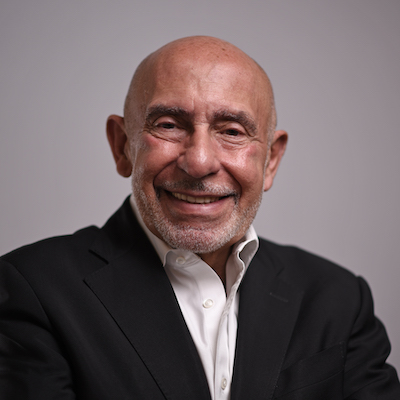
Millie Tran
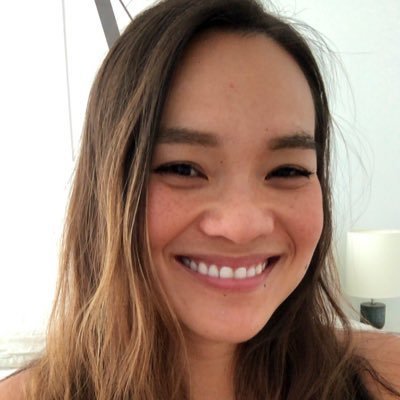
Gabe Schneider
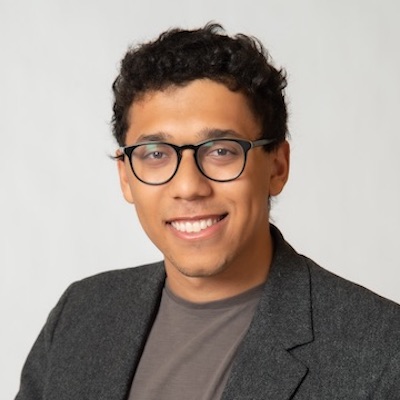
Mike Rispoli
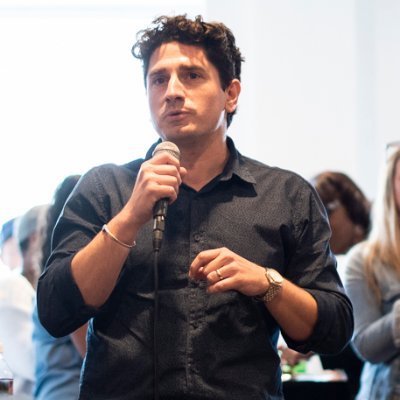
Jessica Clark

Rachel Glickhouse

Amy Schmitz Weiss
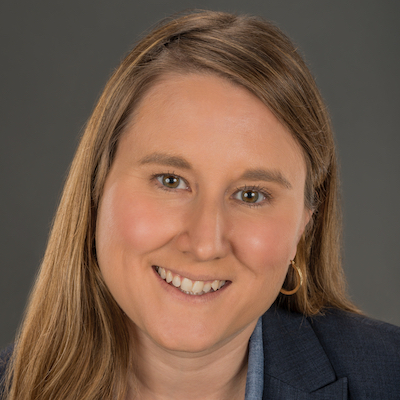
S. Mitra Kalita
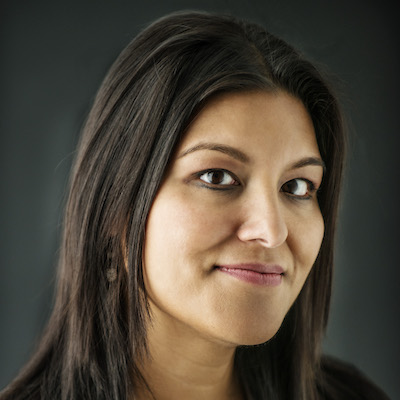
Doris Truong
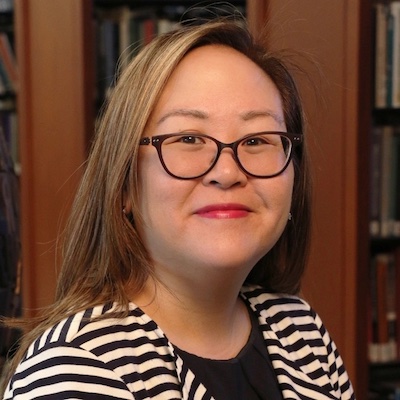
Anthony Nadler

Kendra Pierre-Louis

Izabella Kaminska
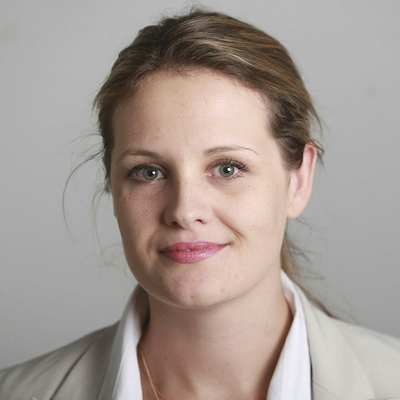
Raney Aronson-Rath
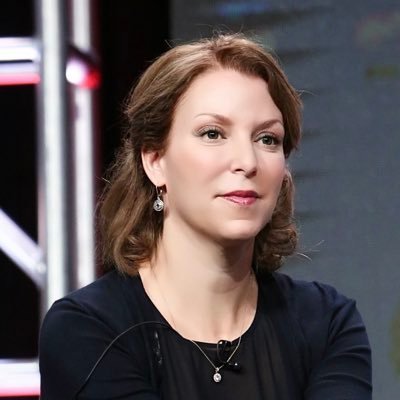
Stefanie Murray

Kathleen Searles Rebekah Trumble

Julia Angwin
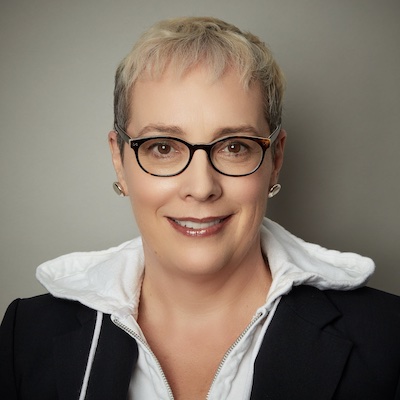
Simon Allison

Chase Davis

Parker Molloy

Cristina Tardáguila
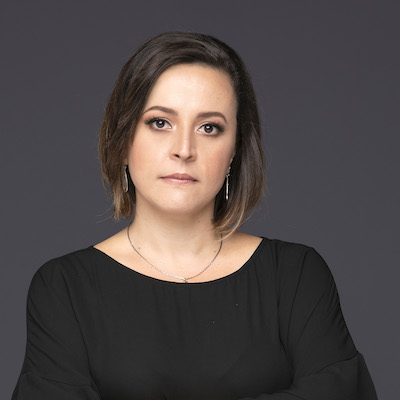
Mandy Jenkins

Jim Friedlich
